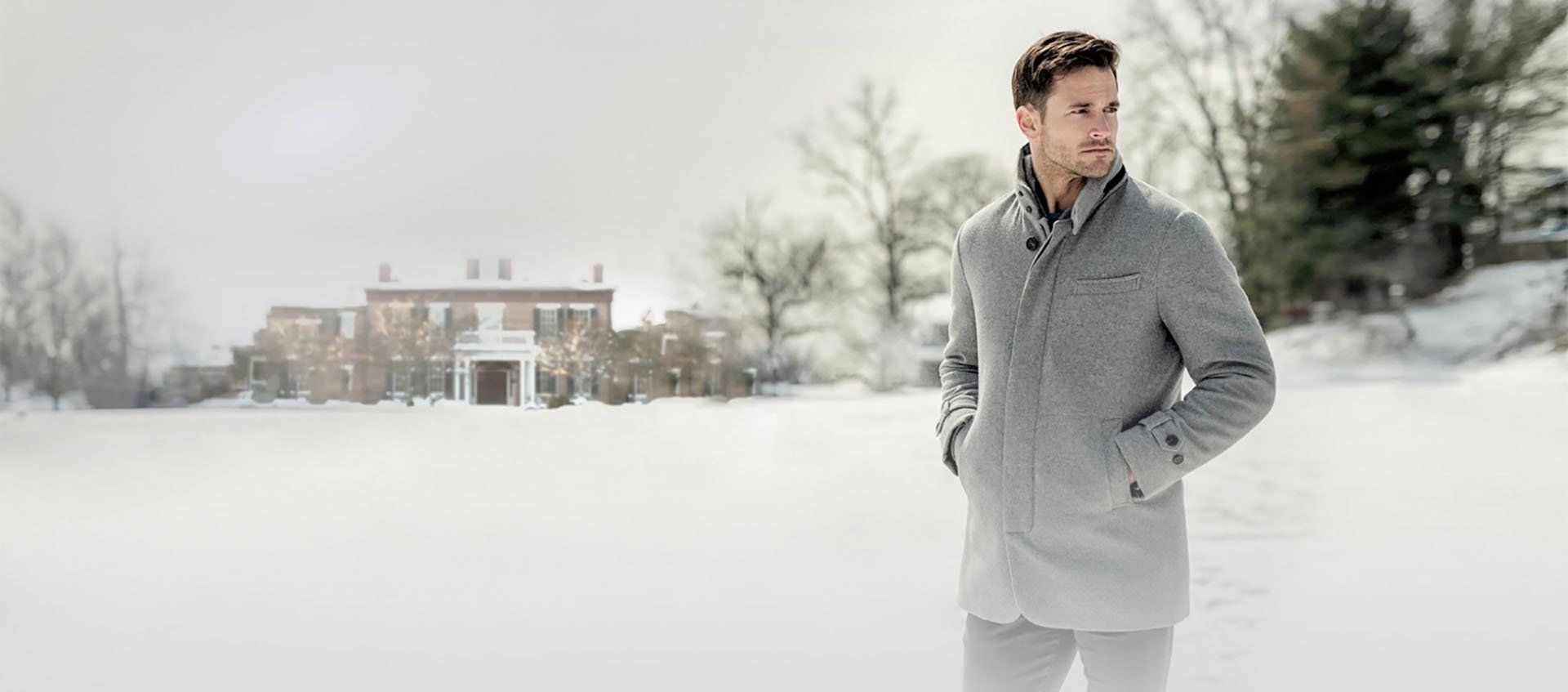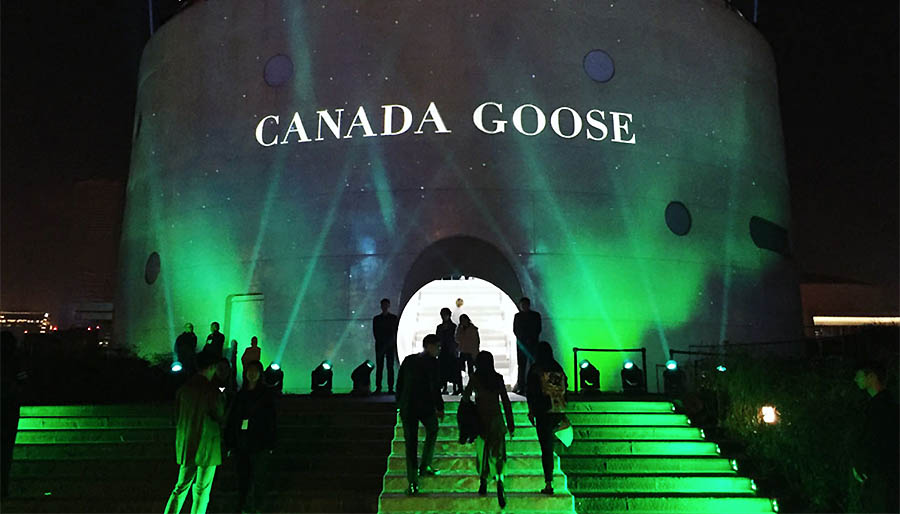In an anti-materialistic future, brands will be key
Norwegian Wool has become a fast favourite of financiers, television anchors and movie stars.

People belonging to the silent generation (who's worldview is heavily influenced by the austerity of the war) loved to own good quality items from well-respected brands.
They would invest in an expensive suit, watch, necktie - and then treasure that item for the rest of their lives.
In an anti-materialistic anti-capitalist future this kind of behaviour will probably make a strong comeback.
One such recently established brand that is set to become a future icon is a coat, that's as warm as a puffer, but cleverly designed to look more formfitting called Norwegian Wool.
Without much marketing, the subtle brand and the product has become a firm favourite with the celebrity-set in NYC.
'The CNBC “Squawk Box” host Joe Kernen presented live from the World Economic Forum in Davos in his. Patrick Dempsey is wearing one around frigid New York City while he films his new series, “Ways and Means.”
Richard Sharp, the chairman of the BBC and a former Goldman Sachs banker, bought two for his sons, now 28 and 26, and invested in the company after he tried on his first coat. “My son who is in New York City wore it all winter, even though he is very antimaterialistic, anticapitalist,” he said. “It is discreet enough.”'
Less discreet but also hugely in demand as an iconic brand that was built in the harsh conditions of a Canadian winter is Canada Goose.
A favourite of the hip hop crowd, Canada Goose jackets are handmade, warm, iconic and very expensive.
You buy one to keep it...forever.
These brands are the direct opposite of fast fashion and hyper consumerism and the are both set to soar as people (a) deal with increasingly colder winters, but also (b) choose to invest long-term in quality brands they believe in.
It's not that fast fashion will disappear over night, but conscious consumerism points in the direction of less buying frequency and investing rather in considered brands that get handed on to the next generation.





